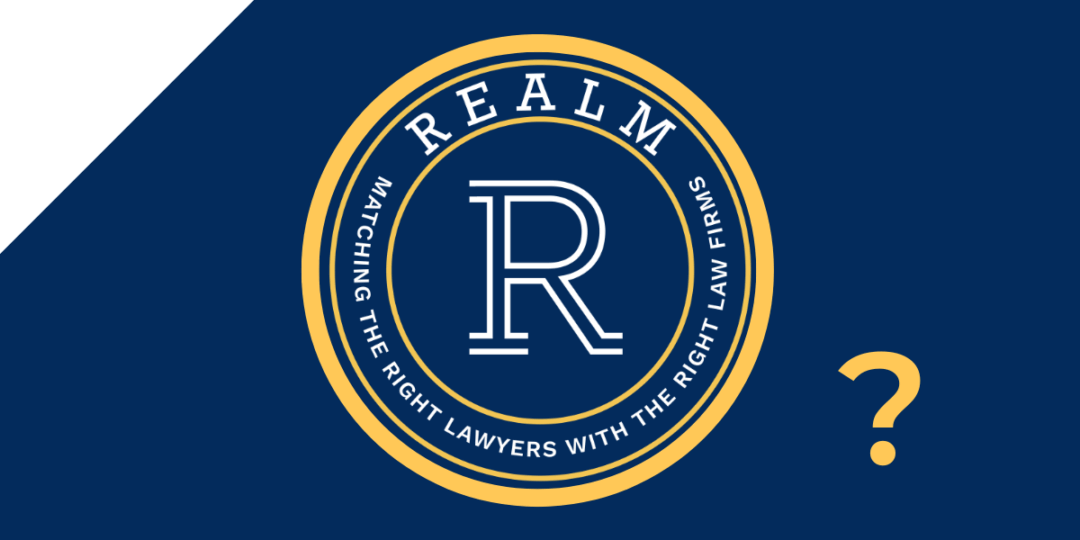As a specialist recruiter at Realm Recruit, I’ve worked closely with law firms seeking talented property litigation lawyers. In this niche, it’s not just legal knowledge and technical expertise that are required for success—soft skills play a crucial role in setting the best property litigators apart.
Whether you’re early in your career or looking to progress further, honing your soft skills is essential for navigating complex disputes, building strong client relationships, and becoming a trusted adviser. In this blog, I’ll share the key soft skills that are vital for property litigation lawyers who want to excel in their careers.
-
Conflict resolution and emotional intelligence
At the heart of property litigation are disputes—often contentious ones. As a property litigator, you’ll deal with landlords, tenants, developers, and neighbours who may be emotionally invested in the outcome of their case. That’s why emotional intelligence and conflict resolution skills are paramount.
Being able to manage conflicts effectively, calm heated emotions, and negotiate solutions is crucial for maintaining professionalism and keeping cases on track. The best property litigators can sense underlying tensions, use diplomacy to diffuse them, and steer negotiations toward resolution, even when the stakes are high.
-
Negotiation skills
Property disputes frequently end up in mediation or are settled before reaching court. This makes negotiation one of the most important skills in a property litigator’s toolkit. Being able to balance your client’s expectations while reaching an agreement that satisfies both parties is a fine art.
Successful property litigation lawyers are those who can present persuasive arguments, understand the motivations of the opposing side, and find creative solutions that achieve their client’s objectives while minimising risks. A strong negotiator is not only an asset in dispute resolution but also a trusted adviser to their clients.
-
Communication and client management
Property disputes can be lengthy, complex, and stressful for clients, who often don’t fully understand the legal process. Clear, concise communication is key to ensuring clients feel informed and supported throughout their case. Property litigation lawyers must explain legal issues in layman’s terms, manage client expectations, and provide updates at every stage.
Clients want to feel that their lawyer is accessible and transparent, even when delivering tough news. Lawyers who excel at client management—keeping communication lines open and offering reassurance during difficult moments—are more likely to retain clients and receive referrals.
-
Commercial awareness
Property disputes often have significant financial implications, whether they relate to commercial leases, property development, or boundary issues. It’s essential for property litigation lawyers to have strong commercial awareness and understand the wider business and economic contexts in which their clients operate.
This skill involves recognising the potential impact of a dispute on a client’s business interests and providing advice that aligns with their commercial objectives. Clients appreciate lawyers who can take a holistic view and offer solutions that are not just legally sound but also make commercial sense.
-
Analytical thinking and problem-solving
Property litigation often requires delving into detailed contracts, historical property documents, and land registration records. The ability to analyse complex information and identify key issues quickly is a vital skill in this area of law.
Beyond analysing the facts, successful property litigators are skilled problem-solvers who can think creatively to overcome legal obstacles. Whether it’s finding a loophole in a lease or developing a unique legal argument, having the ability to approach problems from different angles is what separates the top litigators from the rest.
-
Resilience and adaptability
Property litigation can be unpredictable, with cases frequently taking unexpected turns due to new evidence, legal changes, or the actions of the opposing party. This is why resilience and adaptability are crucial for lawyers in this field.
A strong property litigator is someone who remains calm under pressure and can quickly adapt their strategy when the situation shifts. Whether you’re dealing with a difficult client or a complex procedural hurdle, being able to keep your focus and adjust to new circumstances is essential for success.
-
Time management and organisation
Property litigation cases can be long-running, and managing multiple disputes at various stages can be challenging. Time management and organisational skills are vital for staying on top of deadlines, court filings, and client communications.
Lawyers who excel in this area are those who can manage a busy caseload efficiently without letting details slip through the cracks. Strong organisational skills also enable you to provide the best service to your clients, as they ensure that every aspect of a case is meticulously handled, from drafting documents to preparing for trial.
-
Attention to detail
Property litigation often involves scrutinising legal documents, such as leases, contracts, and covenants, which can contain crucial clauses that significantly impact a case. The ability to focus on even the smallest details can be the difference between success and failure.
Lawyers with a keen eye for detail are able to spot potential problems before they escalate and identify opportunities to strengthen their client’s position. Whether it’s catching an obscure clause in a lease or uncovering a subtle inconsistency in the opposing party’s arguments, attention to detail is critical in ensuring a successful outcome.
Why soft skills matter in property litigation
While technical legal expertise is undoubtedly important in property litigation, it’s the soft skills that often determine a lawyer’s success. Whether it’s navigating high-stakes negotiations, managing client relationships, or adapting to new challenges, the ability to apply these soft skills can make all the difference.
At Realm Recruit, we understand that the best property litigators are not only highly skilled legal professionals but also excellent communicators, negotiators, and problem-solvers. Employers are increasingly looking for lawyers who bring these qualities to the table, as they lead to better outcomes for both clients and law firms.
If you’re looking to take the next step in your property litigation career, developing these soft skills will not only enhance your ability to handle disputes effectively but also position you as a valuable asset to any firm.
Are you seeking your next opportunity in property litigation or looking for career advice tailored to your skillset? At Realm Recruit, we specialise in placing talented lawyers in top roles. Contact us today for a confidential discussion about your career prospects.




